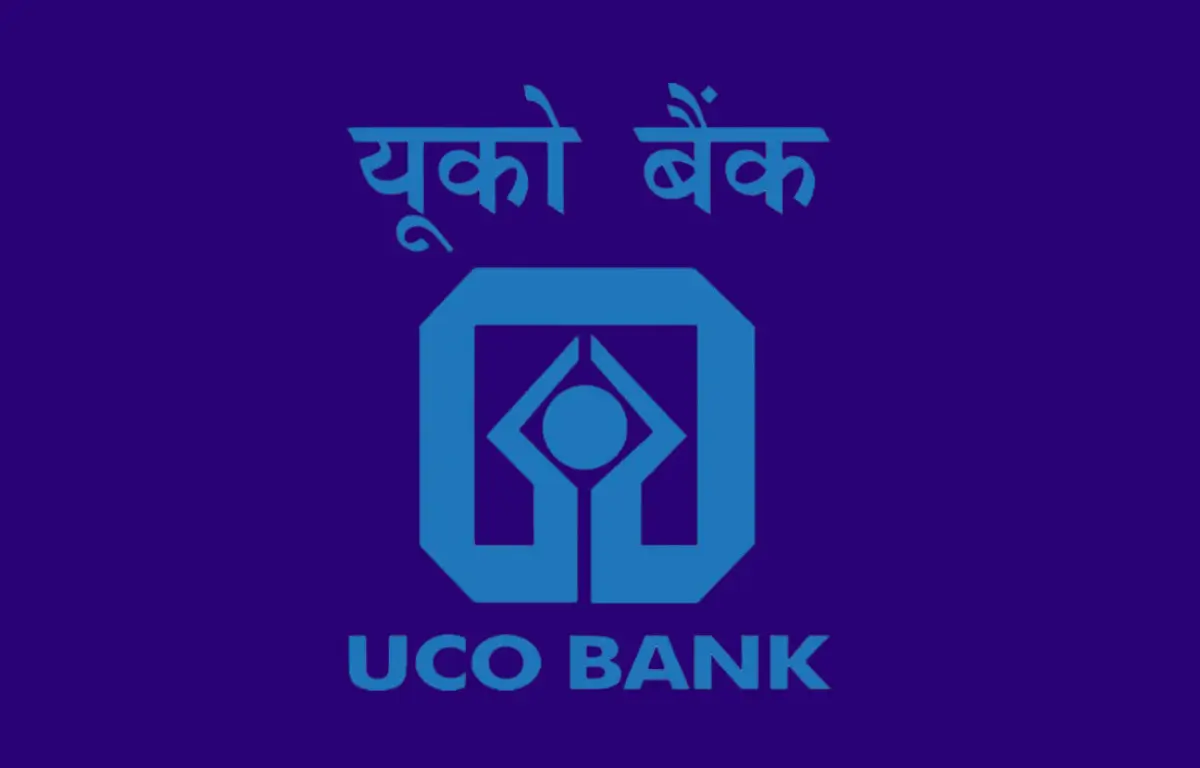In yet another chapter in India’s long history of banking scandals, the Enforcement Directorate has arrested former UCO Bank Chairman and Managing Director Subodh Kumar Goel in connection with a ₹6,210 crore loan fraud. The case involves shell companies, illicit loans, and luxury bribes that point to deep-rooted corruption at the top.
Shell Games and Dirty Loans: The UCO Bank-CSP Fraud Trail
India’s public sector banking system is once again under fire after the Enforcement Directorate (ED) arrested Subodh Kumar Goel, former Chairman and Managing Director of UCO Bank, in a massive ₹6,210.72 crore fraud case. Goel was taken into custody from his residence in Delhi on May 16, 2025, under the provisions of the Prevention of Money Laundering Act (PMLA).
At the heart of the case is a series of fraudulent loans extended to Konkast Steel & Power Ltd (CSPL) during Goel’s tenure. Investigators allege that Goel not only ignored established banking protocols while approving massive credit facilities to CSPL but also received illegal kickbacks in the form of cash, expensive real estate, luxury goods, and hotel stays.
The ED’s probe reveals that Goel conspired with CSPL promoters to misuse these credit lines, which were later diverted and siphoned off through a web of shell companies created for laundering the illicit funds.
ALSO READ: FCRF Launches Campus Ambassador Program to Empower India’s Next-Gen Cyber Defenders
Bribes, Luxury, and Shell Firms: The Mechanism of Corruption
According to ED officials, the fraud was meticulously planned and layered. Subodh Kumar Goel allegedly received bribes in cash and kind, routed through fictitious entities and non-transparent transactions. These companies existed only on paper and were used to mask bribe payments as legitimate business dealings.
During searches, the ED recovered documents, electronic records, and transaction trails directly linking Goel to illicit payments from CSPL. The proceeds of the crime were allegedly parked in high-value properties, luxury items, and foreign/domestic hotel bookings.
“Goel used shell entities to receive and conceal bribes, and facilitated large-scale diversion of public funds,” said an ED official familiar with the case. “His arrest is based on material evidence that confirms active involvement in criminal conspiracy.”
The fraudulent activities not only caused a huge loss to UCO Bank but also exposed the weaknesses in internal risk and loan evaluation processes within public sector banks, raising serious questions about regulatory oversight.
A Systemic Failure or a Lone Act?
While the arrest of Subodh Kumar Goel marks a significant development in the case, experts argue that it’s emblematic of a wider rot in India’s banking system, especially in the public sector. The UCO Bank scandal follows in the footsteps of earlier high-profile frauds involving Punjab National Bank, Yes Bank, and PMC Bank.
Financial analysts suggest that frauds of this magnitude cannot occur without institutional complicity or negligence. Many are now calling for stricter accountability frameworks, especially for senior bank executives, and real-time monitoring of large-value loans.
The ED is expected to file a detailed chargesheet in the coming weeks. Meanwhile, investigations into the role of other officials and the financial network that enabled the fraud are ongoing.



